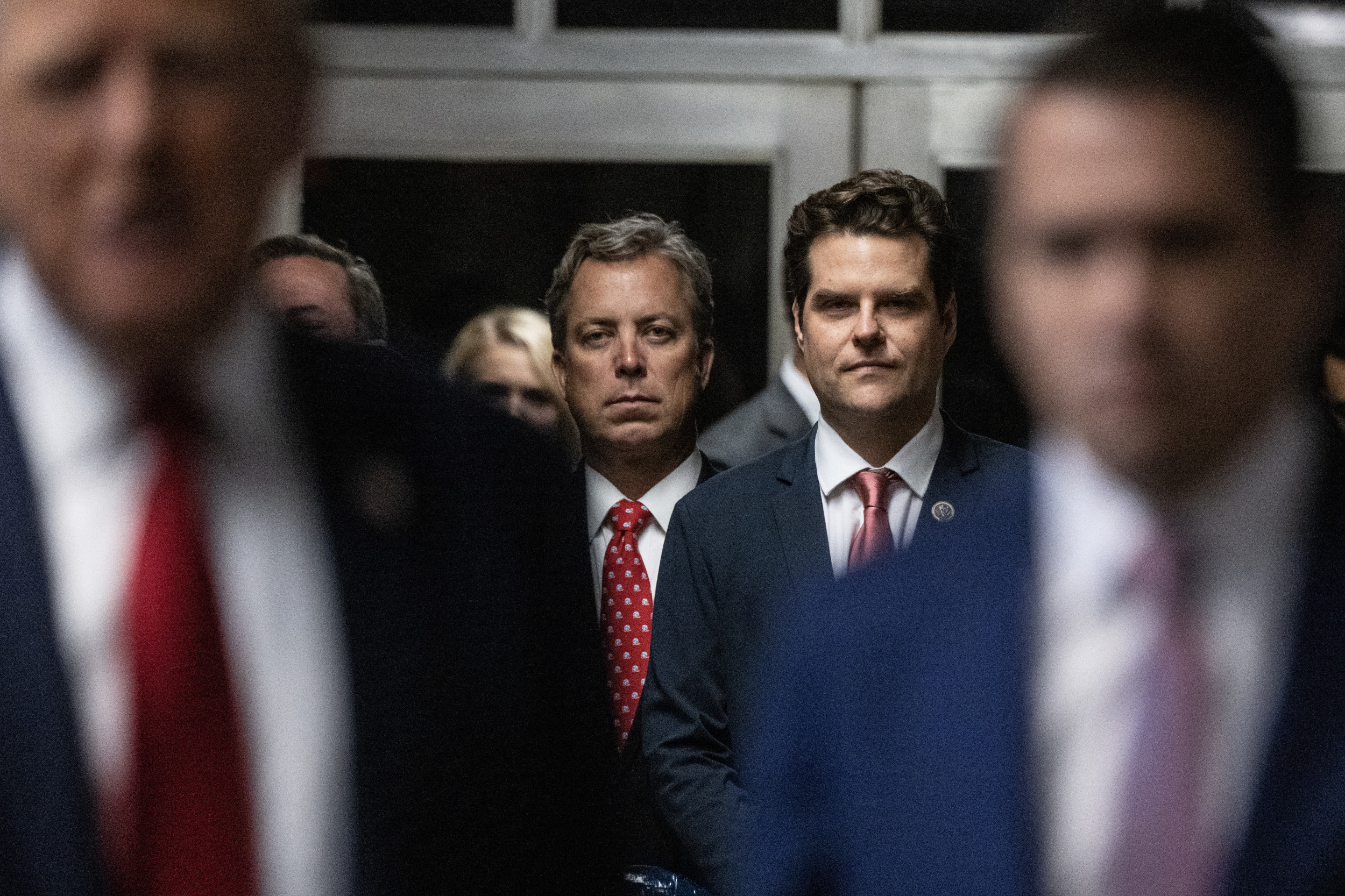White House Robert O'Brien on Sunday suggested that Saudi Arabia "could be next" to normalize ties with Saudi Arabia, following the decision from the United Arab Emirates to do so last week.
O'Brien's remark, which came during an interview with NBC News' Meet the Press, followed a similar assessment from President Donald Trump's son-in-law and close adviser Jared Kushner.
"I do think that it's an inevitability that Saudi Arabia and Israel will have fully normalized relations and they'll be able to do a lot of great things together," Kushner told CNBC on Friday.
Although O'Brien said he could not provide a "timeline" and described negotiations as the "toughest" in the world, he suggested that other Arab countries could soon join the UAE in opening up diplomatic relations with Israel. The UAE became only the third member of the Arab League to announce its intention to do so, following Egypt's decision in 1980 and Jordan's decision in 1994.

"We think that there's momentum for some additional parties to join and to normalize relations with Israel. We fanned out, as soon as this was announced, and have talked to—I've been on the phone with leaders in the region, the president has, Jared Kushner has, Secretary [Mike] Pompeo has," O'Brien told Meet the Press. "And so we're quite hopeful that we can build on this momentum."
When asked specifically about Saudi Arabia, which is seen as the leader of the Islamic world because it is home of the religion's holiest sites of Mecca and Medina, O'Brien suggested the kingdom could follow the UAE's example.
"Look, it's possible that they could be next. The three great holy sites in Islam...are Mecca, Medina, and the king of Saudi Arabia is the keeper of those two sites," the Trump official explained.
Newsweek reached out to the Saudi Arabian Embassy in Washington, D.C., and the kingdom's Ministry of Foreign Affairs for comment, but they did not respond by the time of publication.
Saudi Arabia has not commented publicly on the agreement, but the kingdom's two prominent English-language newspapers Arab News and the Saudi Gazette have published opinion columns speaking favorably of the deal. Media in Saudi Arabia is censored and tightly controlled by the government.
"If 'normalization' is to proceed with others, the base set by the UAE must be built upon," columnist Alistair Burt, a former British member of Parliament, wrote for Arab News on Sunday.
"As an active Arab country, the UAE has the right to define its policies and directives for its foreign relations in line with its sovereign decisions and strategic interests," journalist Jameel Altheyabi wrote for the Saudi Gazette.

The UAE's decision to normalize ties with Israel was first announced by Trump on Thursday. Israeli Prime Minister Benjamin Netanyahu agreed to suspend annexation of Palestinian land in order for the agreement to move forward. While Emirati leaders suggested this was a victory for Palestinians that justified normalizing diplomatic ties, Palestinian leaders condemned the deal as a betrayal.
Hanan Ashrawi, a member of the Palestinian Liberation Organization's executive committee, strongly criticized the decision shortly after it was announced.
"May you never experience the agony of having your country stolen; may you never feel the pain of living in captivity under occupation; may you never witness the demolition of your home or murder of your loved ones. May you never be sold out by your 'friends,'" Ashrawi wrote in a Twitter post.
May you never experience the agony of having your country stolen; may you never feel the pain of living in captivity under occupation; may you never witness the demolition of your home or murder of your loved ones. May you never be sold out by your "friends." https://t.co/CBaNl1QQqx
— Hanan Ashrawi (@DrHananAshrawi) August 13, 2020
"The Palestinian leadership rejects and denounces the UAE, Israeli and U.S. trilateral, surprising announcement," Nabil Abu Rudeineh, a senior adviser to Palestinian President Mahmoud Abbas said in a Thursday statement.
Palestinians and their supporters have argued that Netanyahu's promise to suspend annexation will not actually end the process. They have pointed out that numerous Israeli settlements, which are considered illegal under international law, have already been built on lands recognized by the United Nations as belonging to Palestinians. They've argued that the suspension will just stop the more overt annexation recently backed by Netanyahu.
Several other Arab nations publicly voiced support for the UAE's decision, including Egypt, Jordan, Bahrain and Oman. Bahrain and Oman are key allies to Saudi Arabia, and all are members of the Gulf Cooperation Council—which also includes Kuwait, Qatar and the UAE.
Uncommon Knowledge
Newsweek is committed to challenging conventional wisdom and finding connections in the search for common ground.
Newsweek is committed to challenging conventional wisdom and finding connections in the search for common ground.
About the writer
Jason Lemon is a Weekend Editor at Newsweek based in Brooklyn, New York. Prior to taking on the editor role, Jason's reporting focused on ... Read more





